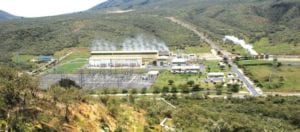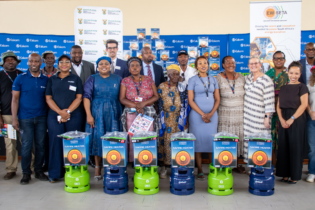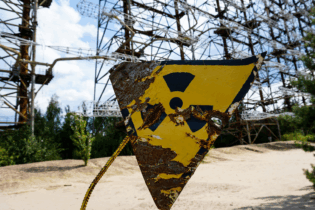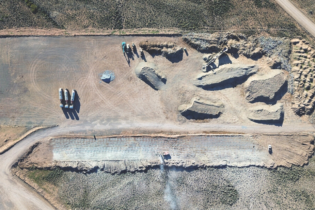Around 80 delegates, including representatives of 13 African countries, gathered in Nairobi recently to explore the feasibility of establishing the Africa Geothermal Centre of Excellence (AGCE).
The centre would enhance the continent’s institutional and infrastructural capacities, and create a critical mass of geothermal scientists and engineers. Currently, around 600 million people in Africa lack access to grid electricity, with the figure expected to rise to 700 million by 2030. The continent is increasingly looking to alternative energy sources to bridge that gap. With an estimated potential of 20 000 MW, geothermal energy could provide an answer to the continent’s energy shortage. This immense potential remains largely untapped, as the continent faces challenges in terms of skilled human resources and development of technological know-how.To address this problem, African countries are planning to set up the AGCE as a vehicle to ensure the development of skilled personnel and the promotion of sustainable use of geothermal expertise in the continent.
The two-day workshop will assess a feasibility study, which catalogues the region’s needs for geothermal development, drafts the AGCE’s vision and evaluates its long-term sustainability. The meeting, organised by the United Nation Environment Programme’s (UNEP) African Rift Geothermal Development Facility (ARGeo) brings together country representatives, African governments, development partners, donors, civil society, private developers, technical institutions and academia. AGCE is expected to be established in Kenya, which is the main hub for geothermal technology on the continent, with a natural laboratory and a major geothermal agency, The Geothermal Development Company.






